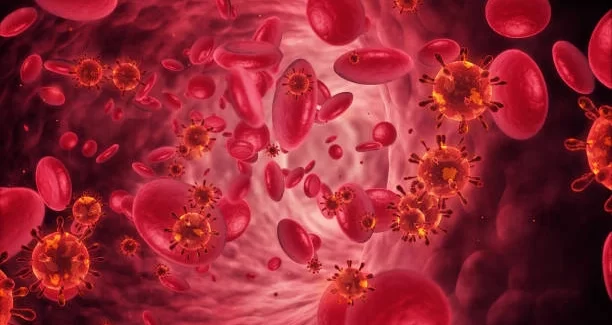Why We Should Drink More Water During Summers — Key Benefits

Posted Date: June 16th, 2023
Drinking an adequate amount of water is essential for good health at any time of year. But it becomes particularly important during the summer months. Rising temperatures, increased physical activity and exposure to the sun can contribute to a higher risk of dehydration. It can impair bodily functions and lead to serious health complications. To maintain optimal hydration levels it’s necessary to increase water intake during the hotter months.
Let’s first discuss why water is crucial for our bodies. The human body consists of about 60% water which plays a pivotal role in many physiological processes. Water regulates body temperature, lubricates joints, aids digestion, transports nutrients, facilitates cellular processes and flushes out toxins.
The importance of water for temperature regulation is particularly pronounced during the summer months. Our bodies maintain an internal temperature of around 37 degrees Celsius (98.6 degrees Fahrenheit), irrespective of the external environment. During the summer, as external temperatures rise, our bodies work harder to keep cool. Sweating is the primary mechanism for this. The process of sweat evaporating from the skin surface removes heat from the body, thereby cooling us down. However, sweating also means a loss of body fluid, which can lead to dehydration if not replenished.
Now let’s explore the repercussions of dehydration. Mild dehydration can cause symptoms such as dry mouth, fatigue, headache and decreased urine output. If left unchecked, it can progress to more severe stages, characterized by a rapid heart rate, fever, sunken eyes, low blood pressure and in extreme cases, unconsciousness and death. Furthermore chronic dehydration can have long term effects on health, contributing to kidney stones, urinary tract infections and impaired cognitive and physical performance.
Considering these potential effects, the importance of drinking more water in summer becomes clear. But how much more water should you drink? While the general recommendation for water intake is about 3.7 liters (13 cups) for men and 2.7 liters (9 cups) for women daily, during summer, the need for water significantly increases.
The exact amount of additional water required in summer can vary. It significantly based on factors such as age, sex, body weight, physical activity level and the intensity of heat and humidity in your environment. For instance, a young, active individual spending a lot of time outdoors in a hot and humid climate may need to double their water intake. In contrast, an older individual who stays mostly indoors in an air conditioned environment may only need to slightly increase their intake.
In addition to drinking more water, there are several strategies to stay adequately hydrated in summer. Eating hydrating foods can be a great way to supplement your water intake. Many fruits and vegetables have high water content, including watermelon, cucumbers, oranges and strawberries. These can contribute significantly to hydration and provide a refreshing snack option.
Another strategy is to match your drink to your activity. If you’re engaged in strenuous physical activity in the heat, you might benefit from a sports drink that contains electrolytes to replace what you lose through sweating. However it is important to note that these drinks often contain added sugars so they should be consumed in moderation.
Also, be mindful of beverages that can contribute to dehydration. While it’s tempting to reach for a cold beer or iced coffee on a hot day, alcohol and caffeine can have a diuretic effect, meaning they cause your body to lose more water.
Understanding the signs of dehydration can help you stay ahead of it. Thirst is an obvious sign, but by the time you’re feeling thirsty, you might already be mildly dehydrated. Other signs include dark colored urine, fatigue, dizziness and confusion.
Finally, remember that while staying hydrated is crucial, overhydration can lead to its own set of problems. Consuming excessive amounts of water can disrupt the balance of electrolytes in the body. Its leading to a condition called hyponatremia. Symptoms of hyponatremia can range from nausea and confusion to seizures and even coma in severe cases.
In conclusion, the role of water in maintaining bodily functions, coupled with the increased risk of dehydration in the summer, makes it imperative to increase water intake during the hotter months. The quantity of water required can vary based on various factors. It’s essential to listen to your body, maintain a balanced intake and seek professional advice when necessary. Regularly checking your hydration status, using tactics like checking your urine color and frequency and paying attention to signs of dehydration can help ensure you stay adequately hydrated. Hydration isn’t just about drinking water; it involves a comprehensive approach, including the types of food and other beverages consumed and understanding your body’s needs based on activity levels and environmental factors.
Related Posts
Dr. Emily Carter is a seasoned health writer and wellness advocate at Healths News Today. With over a decade of experience in the healthcare industry, she specializes in translating complex medical information into easy-to-understand content that empowers readers to make informed decisions about their health.







